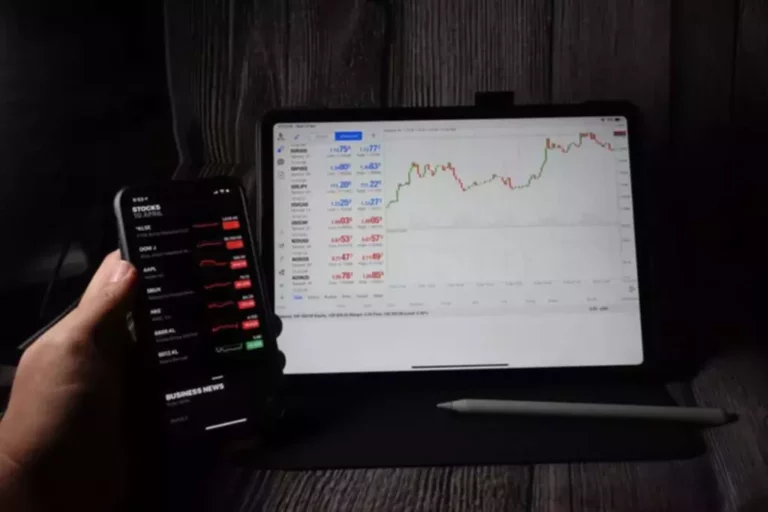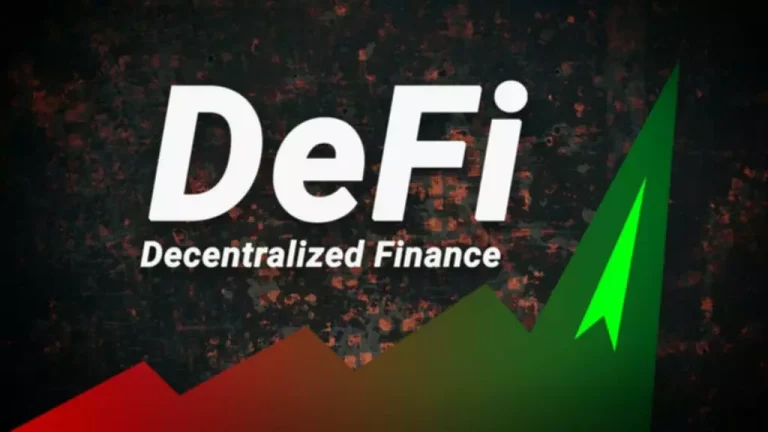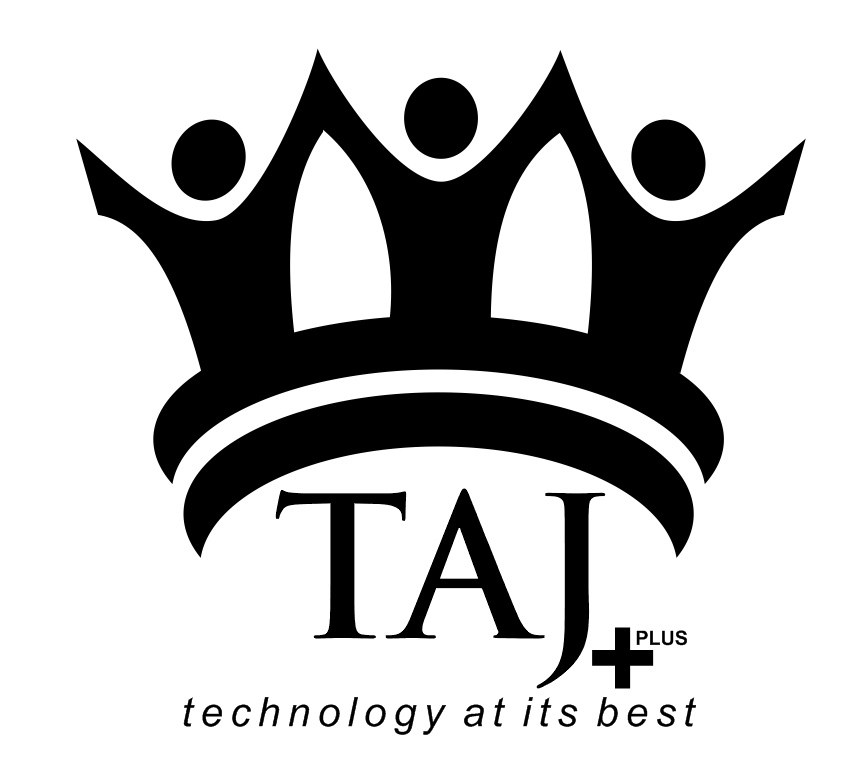0x is a protocol that facilitates the peer-to-peer (P2P) trade of Ethereum-based property. Decentralized Finance (DeFi) is bringing access to monetary merchandise to everybody. They are primarily matchmaking providers that link crypto patrons with swimming pools of crypto funds that are obtainable for buy.
It’s important that users keep their non-public keys safe and don’t interact with probably malicious decentralized exchanges. Choosing a popular exchange is good since many have proven to be reliable and secure over time, and usually have bigger liquidity pools for buying and selling property. An automated market maker (AMM) uses smart contract technology to meet orders and monitor the price of digital belongings. Instead of matching buyers and sellers, AMMs use community-funded liquidity swimming https://www.xcritical.in/ pools to execute buy and sell orders. In addition, as user funds don’t move through a 3rd party’s cryptocurrency pockets throughout trading, DEXs reduce counterparty danger and might decrease systemic centralization dangers in the cryptocurrency ecosystem. Even in the earliest stages of growth, decentralized crypto exchanges provide advantages that impression digital asset custody and variety, transactional trust, buying and selling fees, and investor privacy.
Our service gathers DeFi market liquidity from 100+ of the preferred DEXs. Changelly DeFi Swap also has its personal market-maker that collects liquidity from numerous CEXs so customers get one of the best of each worlds and might entry the most effective costs for his or her trades. Unlike centralized exchanges, DEXs do not usually have devoted buyer support groups. This implies that if users run into any points, they may not have access to somebody who might help them resolve the issue.

Most DEXs primarily support cryptocurrency-to-cryptocurrency buying and selling pairs. To commerce with fiat forex, you will sometimes must go through a centralized trade or a peer-to-peer platform to convert your fiat to cryptocurrency first. Decentralized exchanges make a profit by way of trading charges and their native tokens if they have any.
Decentralized Exchanges One Hundred And One
Trustless transactions are made potential by DEXs’ use of good contracts to perform trades and record them to the blockchain. Furthermore, since DEXs do not deposit your belongings, hackers are much less likely to goal them. The AMM method means you can join liquidity swimming pools by lending funds to them. You can make what exactly Is a decentralized cryptocurrency exchange your crypto funds available for a week, a month, or one other specified period. At the top of the period, you get your funds again plus a portion of the transaction fees generated by the liquidity pool. Users can link their blockchain account to a wallet extension to use their funds with out giving the appliance custody of their assets.
In latest years, the recognition of decentralized exchanges has grown considerably, and the demand for DEX improvement companies has increased. In this Newsletter, we’ll discuss the key concerns for entrepreneurs trying to develop a decentralized exchange. These swimming pools contain funds contributed by customers, and trades are executed based on a mathematical method. On-chain order books verify transactions and record this knowledge on the blockchain by way of a network of nodes and crypto miners. Such order books are similar to those found in centralized crypto exchanges, with the exception that transactions usually are not confirmed by a third celebration. These order books are considered more clear than off-chain order books as a outcome of they’re out there for everybody to see on the blockchain.

For instance, if a consumer tries to fund their Ethereum account by sending a Binance Smart Chain token to their Ethereum handle, the funds will be misplaced endlessly. Most DEXs require that both the belongings and the accounts they’re utilizing exist on the identical network. With numerous automated market makers utilizing their very own liquidity pools, an asset’s value is never the same on each change. Still, arbitrageurs usually purchase assets from exchanges with decrease prices and promote the tokens into pools with higher costs, averaging the value between the 2 pools.
The Advantages Of Utilizing Decentralized Trade Over A Centralized Exchange
Therefore, they’re much less susceptible to a centralized exchange freezing their accounts, preventing withdrawl, or outright taking their funds if they become bancrupt. Since they’re all the time in a position to quote a worth for a person, AMMs allow immediate entry to liquidity in markets that otherwise could have decrease liquidity. The vision behind many DEXs is to have permissionlessly accessible, end-to-end on-chain infrastructure with no central points of failure and decentralized ownership across a neighborhood of distributed stakeholders.

There are a number of DEX designs, every offering a unique benefits and trade-offs in phrases of feature-sets, scalability, and decentralization. The two most typical sorts are order guide DEXs and automatic market makers (AMMs). DEX aggregators, which parse via a number of DEXs on-chain to find the best price or lowest gasoline price for the user’s desired transaction, are additionally a widely used category. Some wallets let you purchase crypto instantly, whereas others require you to undergo a centralized change to buy your required cryptocurrency. Using a decentralized change is easy, as no sign-up or consumer particulars are required. Sophisticated DEXs give you a lot of control over the way you participate in a liquidity pool.
What’s A Decentralized Change (dex), And How Do Dexs Work?
DEXs tend to have decrease transaction fees than their centralized counterparts, though the charges differ depending on the blockchain. In common, proof-of-stake blockchains cost decrease charges than proof-of-work blockchains. When a user needs to commerce one cryptocurrency for an additional, they ship their assets to a sensible contract. The smart contract then matches purchase and sell orders and executes the commerce mechanically when the situations are met, all while preserving custody of the property within the customers’ wallets.
- Since DEX trades are facilitated by deterministic sensible contracts, they carry sturdy guarantees that they’ll execute in exactly the style the user supposed, with out the intervention of centralized parties.
- Automated market makers are the most widely used type of DEX as they permit immediate liquidity, democratized access to liquidity provision, and—in many cases—permissionless market creation for any token.
- DEXs execute trades and record them to the blockchain, enabling trustless transactions.
- DEX aggregators, which parse by way of multiple DEXs on-chain to seek out one of the best price or lowest fuel cost for the user’s desired transaction, are also a widely used category.
- This differs from centralized exchanges, the place the change has custody of your assets whilst you use the platform.
- Cryptocurrency exchanges present advantages such as no need for a government, and improved access to monetary services in comparability with traditional centralized exchanges.
A crypto exchange works equally to a standard inventory change or international currency trade. DEXs can use Chainlink oracle providers to increase the resiliency of their protocol and introduce advanced options that users may be conversant in from centralized infrastructure. The third most generally unfold class – DEX aggregators – are platforms that allow customers to access a quantity of DEX s from a single interface.
Differences Between Centralized And Decentralized Exchanges
Additionally, decentralization makes it tougher for malicious actors to manipulate the market or interfere with trades. DEX aggregators are comparable to a decentralized change search engine, as they combination decentralized exchanges, eliminating the want to manually find the best price for a token. These platforms use various protocols to mixture liquidity from a number of DEXs, enabling them to attenuate slippage on large orders, decrease trading fees, and offer optimal token costs. A decentralized change (DEX) uses smart contracts to allow cryptocurrency merchants to execute trades with out an intermediary.
One other potential risk with DEXs is the potential for unchecked token listings. Many DEXs permit any token to be listed with out inspection, whereas centralized crypto exchanges generally have strict listing necessities and conduct due diligence on new tokens. This could result in the presence of fraudulent or low-quality tokens, putting consumer funds at risk.
As opposed to the traditional approach, DEXs supply users a approach to exchange and trade cryptocurrencies while not having the involvement of a third-party middleman. DEXs get rid of the need for a third-party to hold user funds or facilitate buying and selling by using good contracts on blockchain networks. Smart contracts are computer protocols that execute themselves when predetermined conditions are met, and are used to facilitate financial transactions on decentralized exchanges (DEXs) over a blockchain network. The next era of decentralized exchanges does not use order books to facilitate trades or set prices. Instead, these platforms typically make use of liquidity pool protocols to find out asset pricing.
These exchanges allow traders to position buy orders on the price they’re keen to pay for a specific digital asset and promote orders on the price they’re willing to sell the asset. The order e-book compiles these offers and matches buyers and sellers to fulfill trades. On-chain order books allow merchants to purchase and promote digital property with out taking custody of their tokens. In many instances, merchants can leverage their trades to increase their profit potential, though this additionally will increase their loss potential. Exchanges enable folks to purchase and promote belongings, together with cryptocurrencies, however they’re free-standing platforms that should be monitored by third events.
The inclusion of any links doesn’t essentially suggest a suggestion or endorse the views expressed within them. Evaluate the options and benefits of these and different DEXs to discover out which one is suitable for your needs. On-chain DEXs require high throughput and low execution value, so building one is simply attainable in networks with excessive bandwidth and low commissions. Even so, many DEXs opt for a distributed governance structure in an attempt to extend censorship resistance and long-term resiliency.
DEXs have gained significant popularity, and they’re more probably to continue evolving. We can count on improved person interfaces, expanded options, and wider adoption of blockchain know-how, making DEXs an integral part of the cryptocurrency ecosystem. Hardware wallets are a secure way to store cryptocurrency and can be utilized with DEXs. To use a hardware wallet with a DEX, users must first join their pockets to the trade instantly or via ConnectWallet. It’s important to note that hardware wallets are only as safe as the user’s security practices.
Decentralized exchanges are an important a half of the cryptocurrency buying and selling world. There are several forms of decentralized exchanges, each of which works in another way depending on the group, how it was developed and other components. The classic approach to cryptocurrency exchanges comes from centralized exchanges (CEXs).
DEXs are sometimes much less regulated than centralized exchanges and provide features such as atomic swaps and trustless transactions. DEX customers are sometimes required to pay two types of fees—network fees and trading charges. This signifies that you keep custody of your cryptocurrency and are responsible for managing your wallets and personal keys. Holding your private keys is considered a boon to users who need to keep complete control of their belongings. The lack of an middleman also means that most DEXs have limited counterparty threat and are not required to observe Know-Your-Customer (KYC) or Anti-Money-Laundering (AML) regulatory standards. Instead of counting on the standard buyers and sellers in a financial market, AMMs keep the DeFi ecosystem liquid 24/7 through liquidity pools.
As such, early examples of order book DEXs on Ethereum had low liquidity and suboptimal consumer expertise. Even so, these exchanges had been a compelling proof of idea for a way a DEX might facilitate trading using good contracts. Decentralized exchanges are an essential component of the DeFi ecosystem, and the demand for DEX development services is rising rapidly. Developing a decentralized change is not a simple task, and entrepreneurs should consider a quantity of key factors, including choosing the proper blockchain, constructing a robust group, ensuring security, and attracting liquidity. Despite the challenges, growing a successful decentralized change is often a lucrative entrepreneurial alternative for these with the proper expertise and experience. There are several benefits to utilizing decentralized exchanges, together with decreased safety dangers, anonymity and privacy, decreased counterparty risks, and resistance to censorship.
